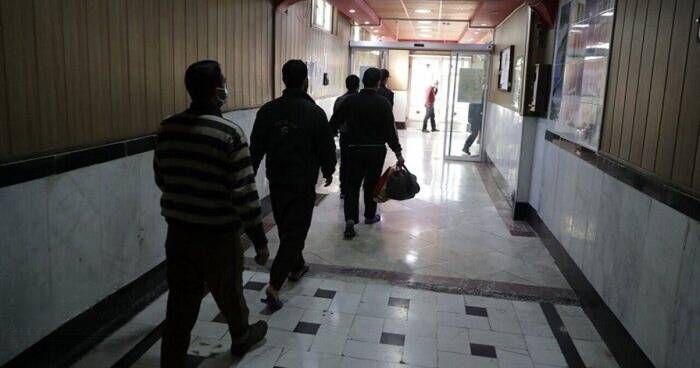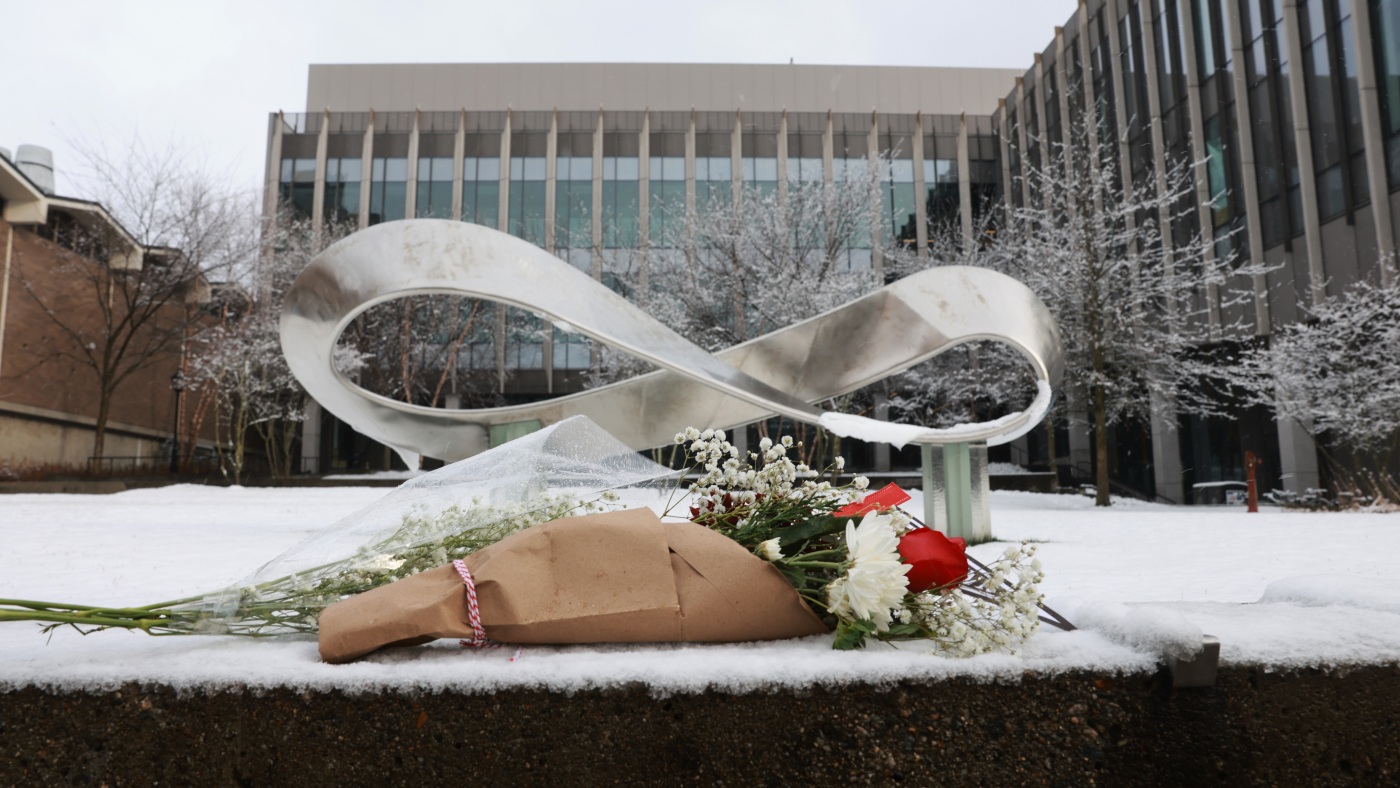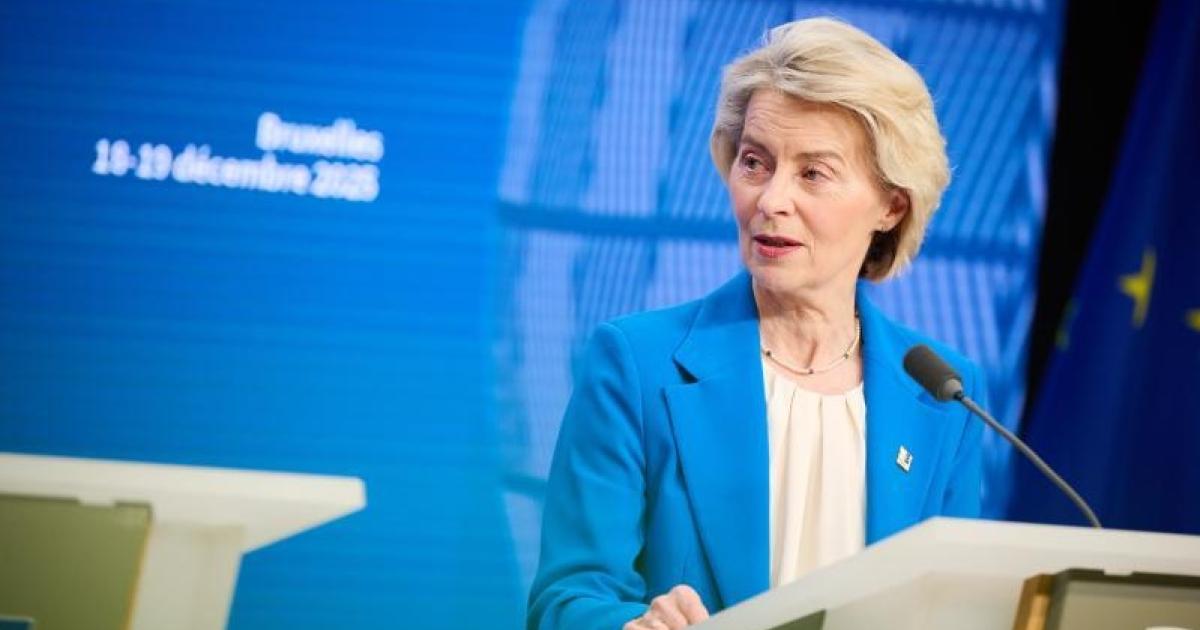- The World in 2026: A Chatham House video podcast Chatham House
- The world in 2026: ten issues that will shape the international agenda CIDOB
- The Geopolitical Risks That Will Shape Global Business In 2026 Forbes
- Will Trump Survive 2026? The…
Category: 2. World
-
The World in 2026: A Chatham House video podcast – Chatham House
-

Sweden summons Iran envoy amid reports citizen faces death sentence
Iranian media reported that prices for various types of nuts and dried fruit have risen between 40 percent and, in some cases such as pistachios and cashews, up to 100 percent compared with last year.
Yalda is an ancient Iranian celebration…
Continue Reading
-

President Trump Issues Expanded Travel Ban Effective January 1, 2026
On December 16, 2025, President Trump issued an expanded travel ban that now includes 39 countries as well as individuals with travel documents issued by the Palestinian Authority. This new travel ban takes…
Continue Reading
-
Secretary-General Condemns Detention of Additional UN Personnel by Houthis – UN Meetings Coverage and Press Releases
- Secretary-General Condemns Detention of Additional UN Personnel by Houthis UN Meetings Coverage and Press Releases
- UN warns rising tensions in Yemen risk wider regional escalation, urges return to dialogue TRT World
- UN chief Guterres condemns…
Continue Reading
-
The Geopolitical Risks That Will Shape Global Business In 2026 – Forbes
- The Geopolitical Risks That Will Shape Global Business In 2026 Forbes
- BCA Research outlines how investors should approach geopolitical risks in 2026 By Investing.com Investing.com
- Ukraine-Russia war: Which scenarios are taking shape in 2026?
Continue Reading
-
Security Council Press Statement on Drone Attacks on UNISFA Peacekeepers – UN Meetings Coverage and Press Releases
- Security Council Press Statement on Drone Attacks on UNISFA Peacekeepers UN Meetings Coverage and Press Releases
- Pakistan condemns ‘heinous’ attack on UN peacekeepers in Sudan, calls for holding perpetrators responsible Dawn
- World news in…
Continue Reading
-
Foreign Ministry Spokesperson Guo Jiakun’s Regular Press Conference on December 19, 2025_Ministry of Foreign Affairs of the People’s Republic of China

Global Times: Foreign media reported that the U.S.’s large-scale arms sales to Taiwan announced yesterday were to “assist Taiwan in maintaining sufficient self-defence capabilities, commensurate with the threat it faces.” What is China’s…
Continue Reading
-

Brown shooter; Epstein files; Trump Kennedy Center : NPR
Good morning. You’re reading the Up First newsletter. Subscribe here to get it delivered to your inbox, and listen to the Up First podcast for all the news you need to start your day.
Today’s top stories
The suspect in the Saturday…
Continue Reading
-
Pakistan’s Resolution on the Universal Realisation of the Right of Peoples to Self-Determination adopted by consensus at the United Nations General Assembly
The United Nations General Assembly has adopted, by consensus, the Pakistan-sponsored resolution entitled “Universal Realization of the Right of Peoples to Self-Determination” during its 80th session in New York….
Continue Reading
-

Statement by President von der Leyen at the European Council press conference of December 2025
Good evening.
We all share one clear goal.
A just and lasting peace for Ukraine.
So we gathered with a clear objective:
To address Ukraine’s pressing financing needs for the next two years.
And I am very pleased to say: we made it.
We have secured an…
Continue Reading